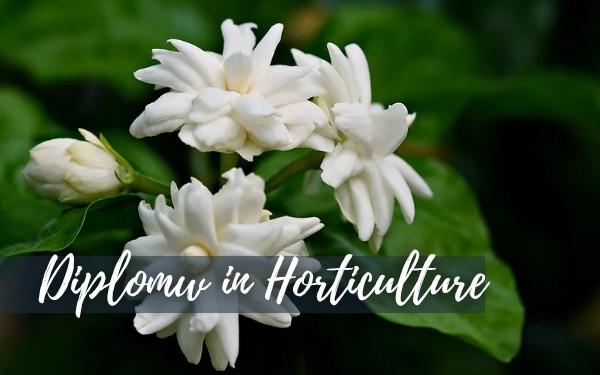Admission Enquiry

NIILM University offers a skill-focused Diploma in Horticulture, a 2-year program designed to provide students with practical knowledge and technical training in the cultivation and management of fruits, vegetables, flowers, and ornamental plants.
The course covers key areas such as nursery management, plant propagation, soil and water management, greenhouse technology, and post-harvest handling. Through hands-on training, field visits, and real-world exposure, students are equipped to meet the growing demand in the horticulture and landscaping industries.
Ideal for aspiring professionals and entrepreneurs, this diploma opens doors to careers in nurseries, agri-businesses, garden design, and horticultural consultancy.
Grow your skills and shape a green future with NIILM University’s Diploma in Horticulture.

Engaging, interactive content designed for modern, digital learning environments.

A well-designed curriculum that fosters skill-building through systematic learning.

Efficient, realtime assessments to track and enhance student progress.

Cutting-edge technology integrated across the campus for an immersive learning experience.

Robust industry connections to facilitate valuable internships and secure placements.

We select the best faculty to ensure exceptional education and expertise.

Focused training aligned with industry needs to boost career readiness.

Access to State-of-the-art computer labs for hands-on technical skill development

Copyrights © 2024 NIILM UNIVERSITY. All rights reserved.